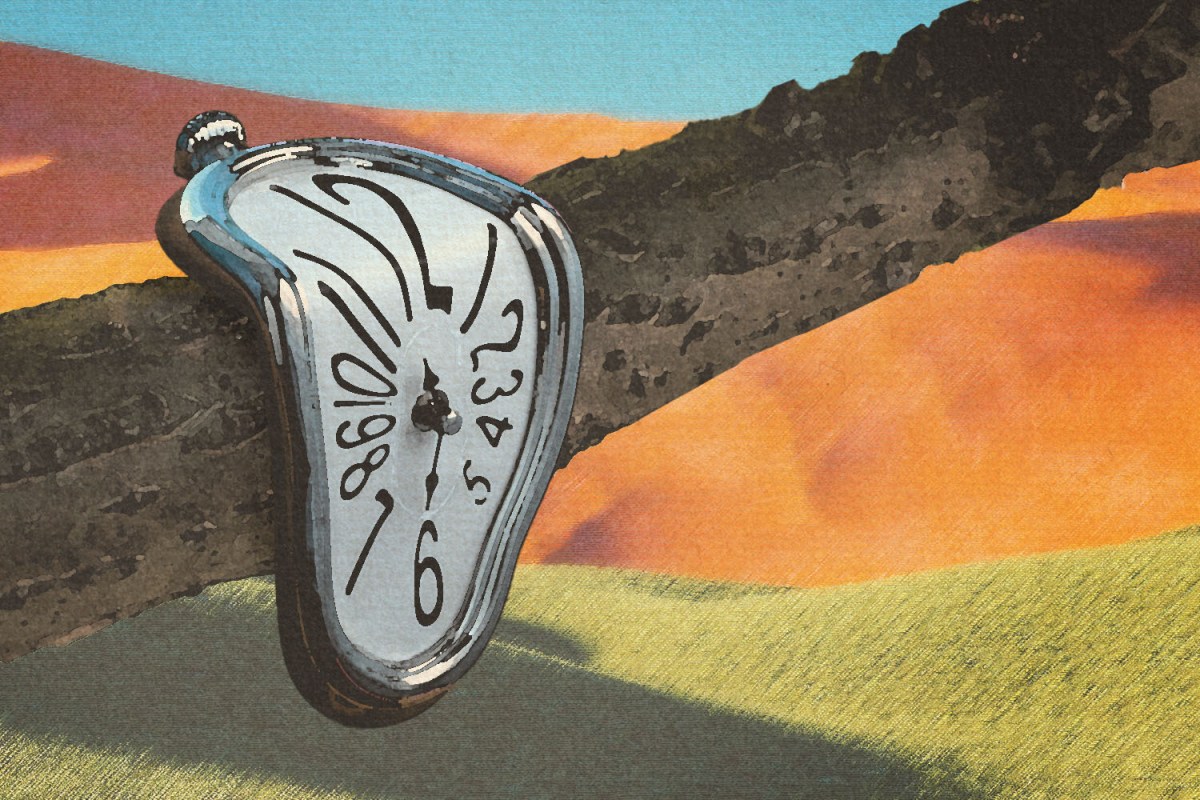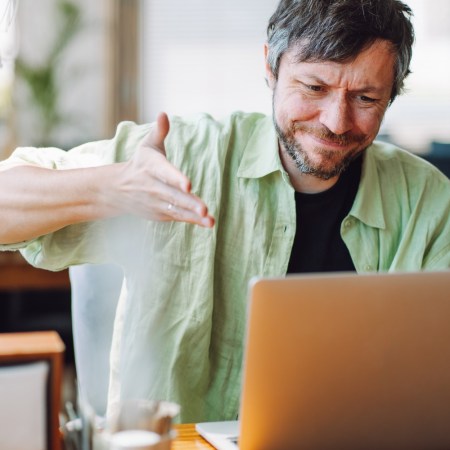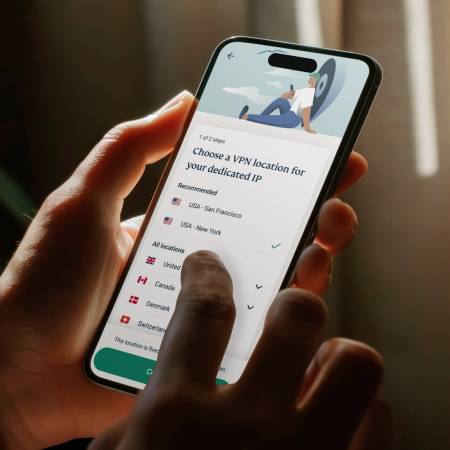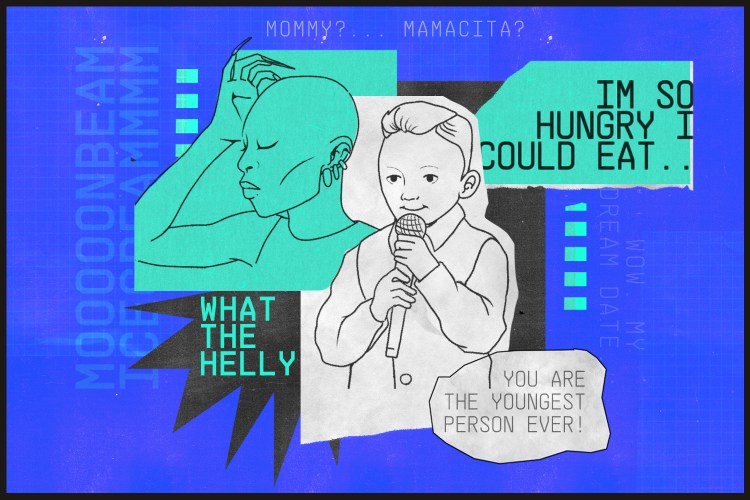Have you ever been absolutely sure that you’ve been on a train for a few minutes and it’s really closer to half an hour? Or maybe you think you’ve been scrolling on your phone briefly before going to bed, but it’s actually been a couple of hours.
If either of these scenarios sounds familiar, you have experienced time blindness.
Time blindness, as defined by Professor William Van Gordon — an associate professor of contemplative psychology based at the University of Derby in the United Kingdom — is when “an individual develops a distorted perception of time.” According to Professor Van Gordon, “It could be very short lived, or it could be something that reoccurs to the point where it begins to affect their ability to function.”
Professor Van Gordon began studying time blindness as part of his research into contemplative psychology and mental wellness. “There are various instances where people report losing track of time,” he explains, “including in meditation, or when we get so engrossed in a task.” However it can also be linked to overall mental health. “After trauma, people report time often slowing down or losing track of time.”
Of course, this phenomenon is different for everyone because of how each person experiences time — which we tend to think is a basic principle that’s the same for everyone. “It’s very subjective,” Professor Van Gordon tells InsideHook. “Even as an individual, we can experience time passing more slowly, or more quickly, depending on the day. Time is a human made construct.”
Lately, time blindness has become a buzzword on social media, with both TikTok and Twitter users discussing the phenomenon as it relates to conditions like OCD and ADHD, as well as the experience of time blindness people might have had after living through two years of a global pandemic. While Professor Van Gordon stresses the importance of awareness in discussing mental wellness, he also advises people to be cautious of self-diagnosing. “Ultimately, discussion is a good thing, it can de-stigmatize these types of issues,” he says. “But sometimes when you label a condition, specifically in the context of mental health, then people can start to identify with that. Which isn’t always a good thing, because instead of just having an experience, they can develop a label and a diagnosis and also become attached to that.”
While time blindness can be difficult to explain, it’s clear that the phenomenon is real. With that in mind, it still requires us to shift our thinking about people and time — especially after the pandemic. No, your friend might not just be rude when they aren’t able to leave the house on time. They might actually be struggling with their own perception of time post-pandemic, as well as returning to work and “normal life.” Overall, acknowledging time blindness means being patient with people in our lives as we all shift out of old routines into new ones.
In order to cope, Professor Van Gordon says, drawing from his own experience, that flexibility is the most important tool. “We tend to get attached to the future, we tend to make plans and that’s good and it’s necessary, but it’s inherently uncertain,” he says. “During the pandemic that was brought home to some people. Learning to live in the present, learning not to be attached to set outcomes and having a dynamic and flexible plan helped me accept and work with what was happening, rather than build up stress as a consequence of it.”
Conversations about time blindness and mental health online are a good way to share experiences, Professor Van Gordon says, but respecting the variety of experiences people can have with phenomena like this is important. “For some people, this might actually be causing suffering, so just be cautious,” he explains. And while investigating and researching yourself can be a positive thing — as well as seeing whether others are feeling similarly — any mental health issue should be treated seriously, and anyone who is suffering should seek the advice of a professional.
The Charge will help you move better, think clearer and stay in the game longer. Subscribe to our wellness newsletter today.
























